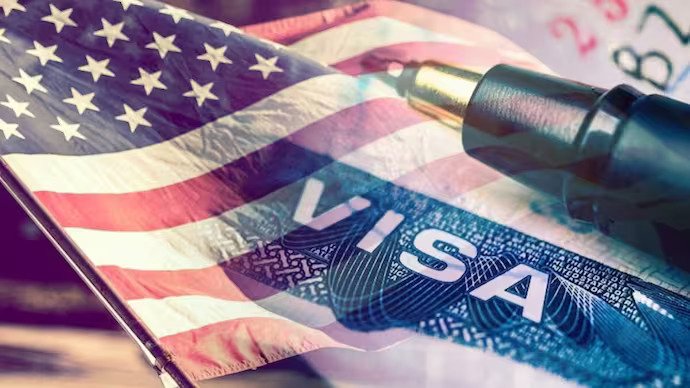Where to Watch All 7 ‘Silent Night, Deadly Night’ Movies
… seven Silent Night, Deadly Night movies…
Silent Night, Deadly Night – … to re-cut the original film so it could be … made, the charmingly ill-advised film has garnered a cult following … 3: Better Watch Out. Cult filmmaker Monte Hellman (Two-Lane Blacktop …








